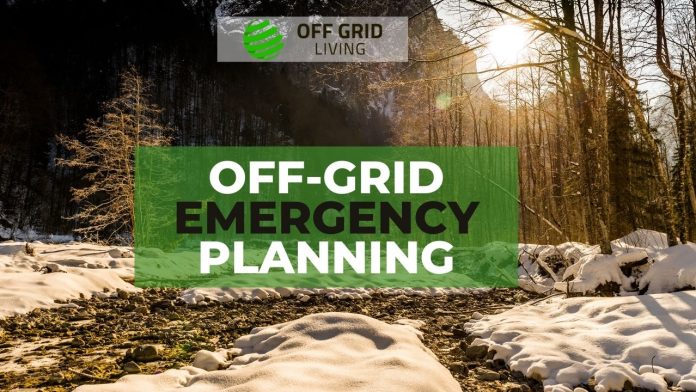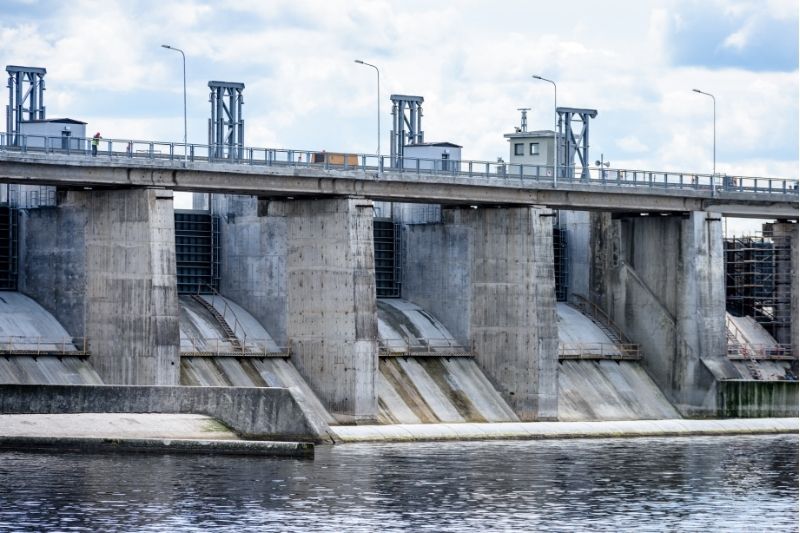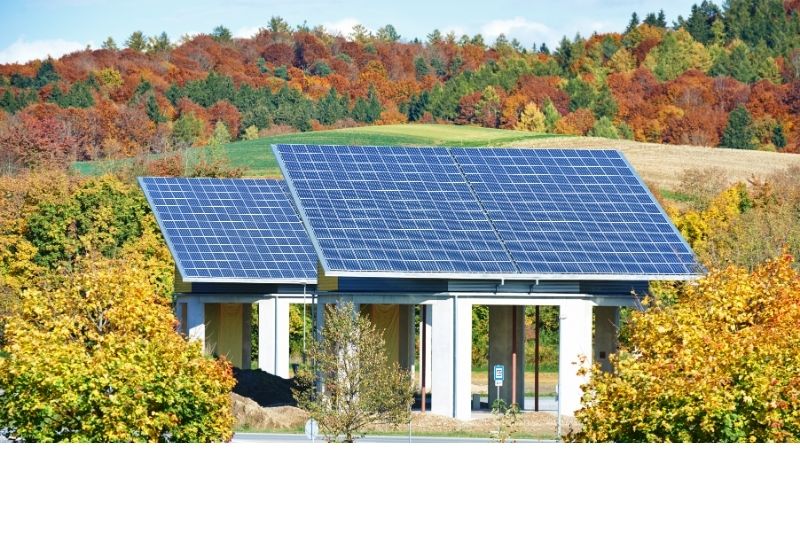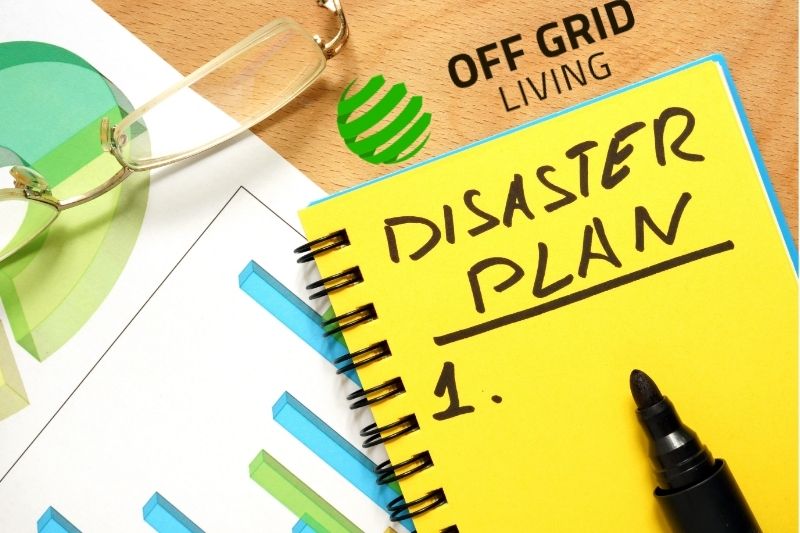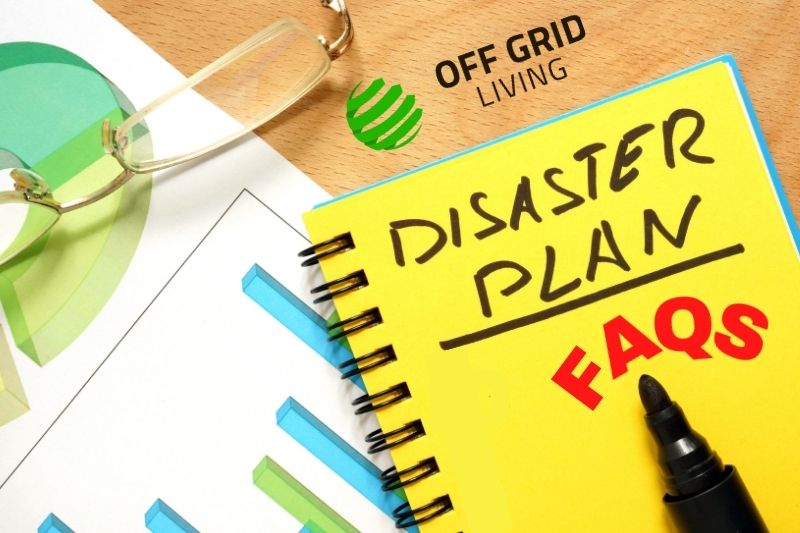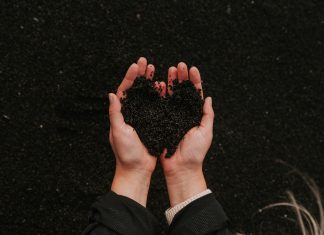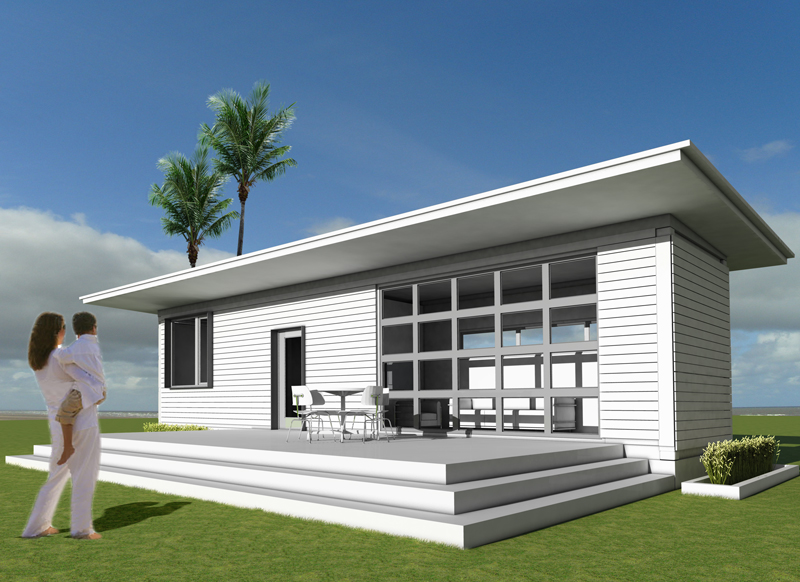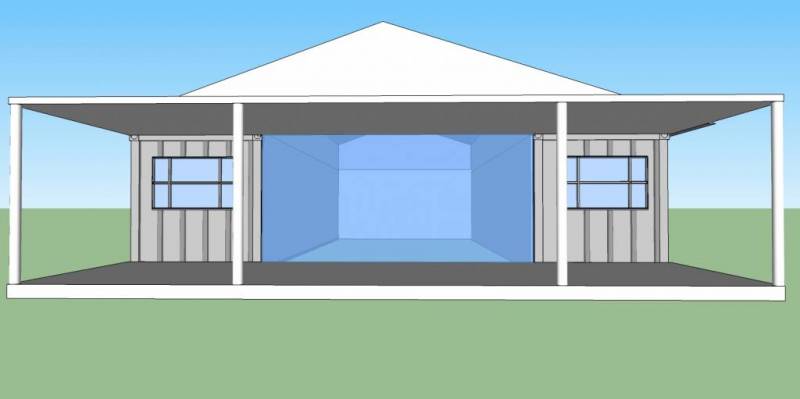Off-grid emergency planning is a highly critical and essential factor to be considered. Living off-the-grid means living without public utilities. This livelihood doesn’t only include electricity but also facilities like water, gas and cable.
Although the off-grid life may be peaceful, it can be difficult at times too. Without the facilities above, it will be a lot harder to cope with any emergency. You may face power cuts and lousy network issues. Climate changes may cause a shortage of gas and water.
Once you’ve gone off-grid, emergency planning may be more stressful and complicated than it was before. This article will provide a highlight of the best ways through which you can plan for emergencies.
Generating Electricity – What’s The Most Reliable Way?
When you go off-grid, most you choose renewable energy sources. It may be solar-powered or wind-powered. These sources may be eco-friendly and cheap, but they are useless during variations in weather. What if there’s no sunlight for days? What if it’s not windy?
This logic proves that renewable ways are helpful only to some extent. You will face a lot of hassle during emergencies. Thus, you need to preplan backup options for disastrous times.
Water
Suppose you are using a wind-powered water pump to obtain water. Now if there’s no wind, your second option will be solar-powered sources. But there’s a solid chance that both wind and sunlight are not available.
You obviously can’t survive without water for more than a day. The stored water will finish soon. Therefore, to be on the safer side, you need to choose different options. Options which are manual and do not depend on variations in your surroundings; you can dig a well; you can install a hand pump, and you can take advantage of the rain by storing it.
Electricity
Generate heat and power with biomass wood pellets, the renewable and sustainable way. Lights, fridges, vacuums, heating systems, and so much more depend on electricity. Unavailability of electricity will be a hindrance in your everyday chores and routine.
Here too, you need to switch to things that work without electricity. For example:
- Take showers instead of baths.
- Use a broom instead of a vacuum.
- Keep lanterns and candles for emergencies.
- Insulate your house by using thicker curtains and sealing your attic air leaks.
It is possible to live in a house without electricity legally. Give it a try – you’ll be living without electricity, and love it!
Gas Supply
You can switch from gas to propane. However, there’s no guarantee that you will find propane during emergency cases. Plus, it may be an expensive option.
In this case, you can switch to electrical appliances. Renewable sources power these appliances. During disasters, these may be unreliable. So, to be safe, you can go for wood. Although burning wood may be dirtier than propane, it’s a more reliable option.
For heating your home, you can set up a fireplace. If your fireplace is attached to the chimney, it is advisable to schedule regular home chimney inspection and chimney cleaning to improve heating efficiency and avoid the risk of fire. To replace your geyser, you can heat water on burning compost. For cooking, you can use a volcano grill.
Off-Grid Emergency Planning in Case of Poor Network
If you’re stuck in a severe accident, you would need someone’s help right away. But living in an isolated cabin, there’s a chance that you might have low network coverage or a dead phone.
You can use a solar-powered charger or your laptop/car’s battery to charge your phone. And yes, make sure to have a list of the emergency numbers in your area. You can contact them without any phone signals.
Off-Grid Emergency Planning for Natural Disasters
Disasters like floods, tornadoes, storms and blizzards can occur anywhere. These may affect your cabins and the roads outside, leaving you with an unpleasant, unwanted situation. To avoid being left in the dark and cold during this time, you can rent a generator at https://expertgeneratorhire.co.uk/
Here are some ways how you can prepare yourself beforehand:
- Identify the possible risks you may face.
- Create a disaster plan and practice it.
- Construct a disaster supply kit.
- Take courses for CPI and first aid.
- Get rid of hazards in your home.
FAQs Related to Off-Grid Emergency Planning
Now that you’re acquainted with the essential off-grid emergency planning measures, you might have some questions in mind.
No beating around the bush – here’s it:
How do you survive if there was no electricity?
The answer is simple. You should switch to renewable sources. Plus, you can have backup sources in case of prolonged blackouts. For example, ensure a safe water supply, find a reliable heat source, and learn alternative cooking methods.
How long can you go without electricity?
If you have suitable backups, you can live without electricity for a substantial period. However, there are some appliances which do not have backups. Refrigerators are an example. A simple fridge will keep food cold for 4 hours if the refrigerator is closed. A full refrigerator will keep the food cold for up to 48 hours if kept closed.
But how are you supposed to live without power for a week or more? In such a situation, you should try these methods:
- Smoke the meat, and salt the ham for preservation.
- Can the vegetables and store them on shelves in a root cellar.
- Dry fish and fruit to turn them into jerky.
Alternatively, you can increase the consumption of staple foods which do not require perseveration. These include flour, dry pasta, rice, dry beans and oats.
Do eggs go bad at room temperature?
Yes. You cannot leave eggs without refrigeration for more than two hours. Once cooled, eggs have to stay in that state. If they are brought to room temperature, they will facilitate the growth of bacteria.
Conclusion
Living off-grid teaches you to be self-reliant and self-sufficient. But without off-grid emergency planning, you may be at significant risk.
You need to be aware of the manual methods which are independent of utilities. Learn how to live without electricity and running water. And yes, it is equally essential to be aware of the coping mechanisms in natural disasters.


